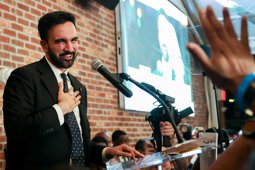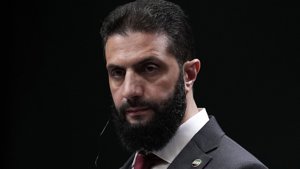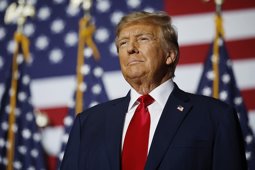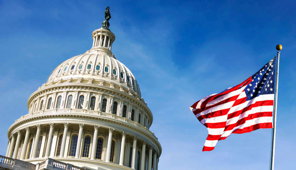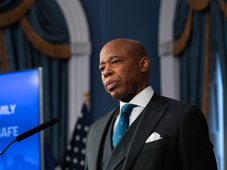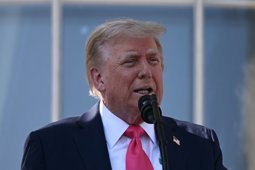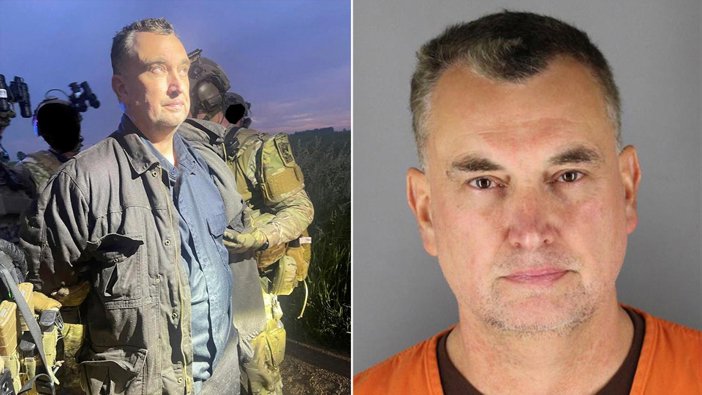
Minnesota Lawmaker Shootings Spark Congressional Security Debate
After Minnesota lawmaker shootings, Congress debates new security measures and office funds to protect members and families.
Congress Grapples with Security After Minnesota Shootings
The recent shootings of lawmakers in Minnesota have deeply shaken both House and Senate members, igniting an urgent debate in Washington over how to better protect elected officials and their families. Lawmakers describe the attacks as particularly disturbing because the perpetrator went after the families of legislators, shattering any sense of separation between public service and personal life.
One House member, speaking anonymously, explained, “Minnesota was jarring because (the suspect) went after family. We’re gone 50 percent of the time. There are no lines anymore.” This sense of vulnerability has prompted calls for a Senate-wide security briefing, held Monday, and a series of remote briefings for House Republicans and Democrats in the days following the attack.
The key question now facing Congress is what security officials can realistically do to protect members. One proposal gaining traction would allow lawmakers’ offices greater flexibility to use their allocated operating budgets for security—enabling them to hire full-time private protective details if needed. “Then they don’t need to give us any more money,” said one member, suggesting the solution lies in shifting, rather than increasing, funds.
While some lawmakers have praised the U.S. Capitol Police for their professionalism, others acknowledge the impossibility of round-the-clock protection for every member and their family—spread across hundreds of districts nationwide. The challenge, they argue, is not only the scale but also the unpredictable nature of the threat.
Discussions have also surfaced about scrubbing lawmakers’ personal data from public sources and approving new anti-doxxing legislation to prevent online targeting. Rep. Jared Moskowitz, D-Fla., is considering forcing the House into a rare “Secret Session” to debate security strategy—a move that would require a vote and an oath of secrecy from staff. The House has not held such a session since 2008, and only six have taken place in U.S. history.
Debate Grows Over Best Path Forward
As debate continues, some members believe more must be done proactively rather than reactively. One lawmaker told reporters, “We need to be proactive on our own. Not reactive.” However, a lack of consensus persists on what security steps are actually needed, or whether current resources provided to the Capitol Police are sufficient.
There is also internal criticism: GOP members on a Saturday call expressed frustration that some colleagues criticize security policies while not taking advantage of existing programs. “They like to complain a lot,” said one Republican source, suggesting that not all members are utilizing the protections already offered by the U.S. Capitol Police.
The tragic attacks in Minnesota have thrust the issue of lawmaker safety to the forefront, challenging Congress to balance public access with personal security. As members seek consensus on how to protect themselves and their families, the debate is likely to intensify, with new measures and legislative proposals expected in the weeks ahead.

